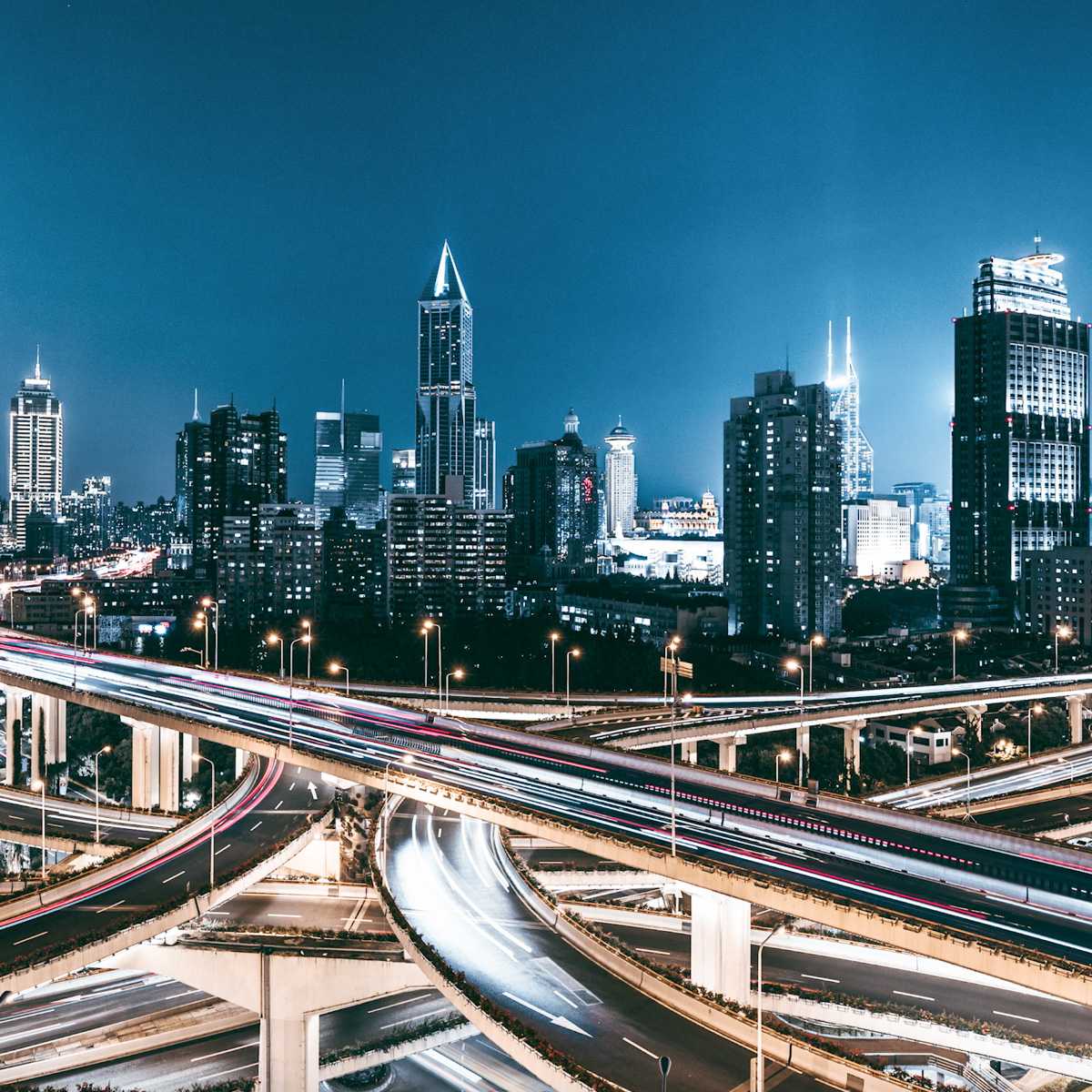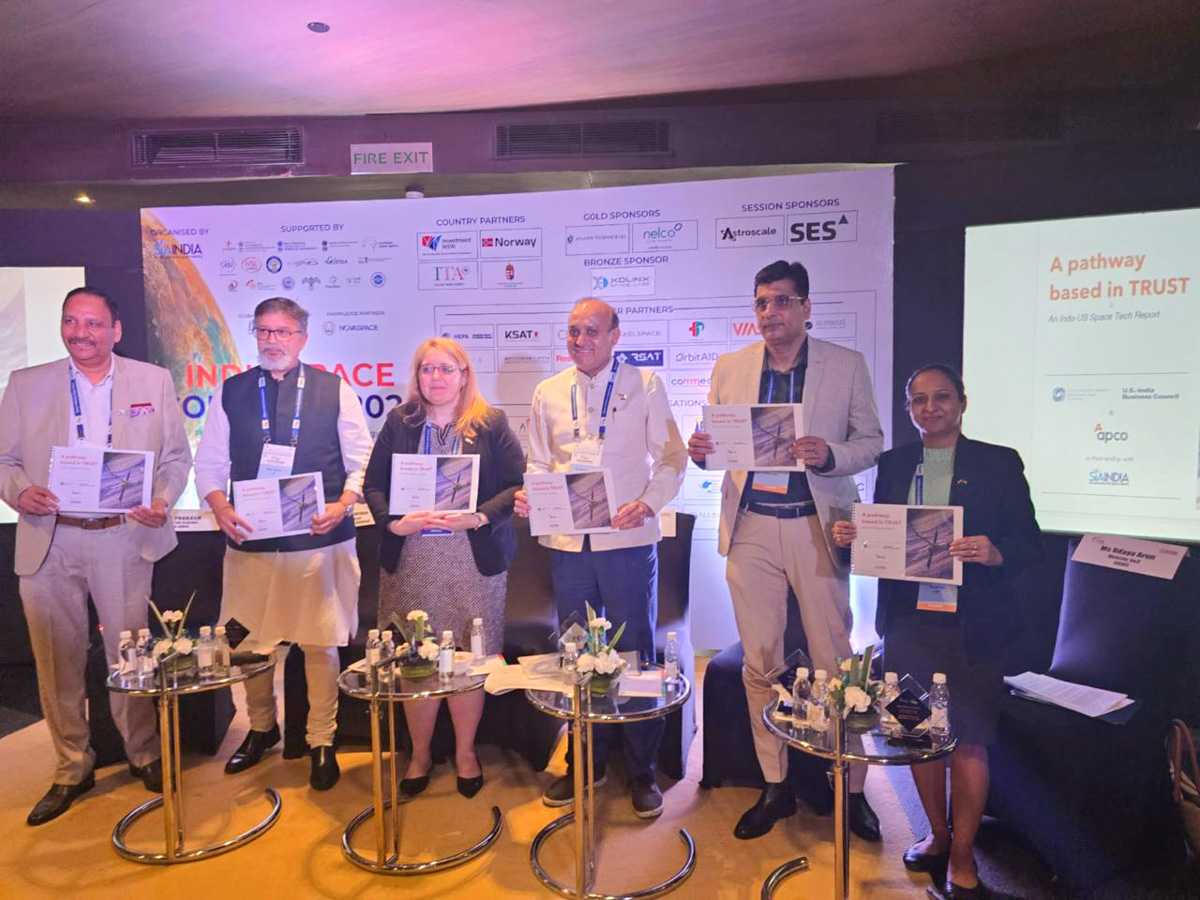

Sylvain Lemaire coauthored this post.
Last weekend, the Champions League final saw Bayern Munich (FCB) defeat Paris Saint-Germain (PSG) in a historic match-up that took place under particularly unusual circumstances: there were no fans in the stadium. Prevented from attending the match due to the health risks posed by the COVID-19 pandemic, fans were therefore constrained to supporting their clubs from their local cities, or online.
As digital communications experts, we were curious about the different ways in which the clubs, players, fans, governments and businesses used online media platforms to participate in the global conversation about the historic match. By using a qualitative approach that focused on the cultural contexts surrounding the online conversation, we gained interesting insights into how these different audiences interacted online to create a unique fan experience that was more virtual and unlike any other Champions League final ever before.
Before diving into our findings in detail, here are three main takeaways:
- Quantity ≠ Quality. In both our news media and social media analysis, we found that high online engagement is not necessarily linked to high numbers of followers or high volume of news coverage. Smaller but more relevant audiences lead to higher interaction, engagement and visibility.
- French social divisions were evident in Champions League final conversations online. The intense rivalry between French clubs meant that not everyone in France supported PSG in the final. Post-game riots exacerbated by this rivalry were also fodder for right-wing political commentators calling for increased law and order.
- Corporate communications surrounding the match were mostly traditional and sparked very little buzz. As a result, major club sponsors missed opportunities. For example: PSG’s Accor Live Limitless barely posted on social media and the few tweets published around the match achieved limited engagement.
Overall, the Champions League final played out not only on the football pitch, but also through diverse experiences and interactions between journalists, fans, businesses, public officials and celebrities online. Our analysis shows that PSG lost not only the final in Lisbon, but also struggled to significantly engage its online fan base in comparison to Bayern Munich. More importantly, the new public health reality forces fan experiences to be increasingly online while in-person gatherings are discouraged. The entire sports ecosystem will need to rapidly adjust how it facilitates exciting fan experiences.
Media
Just like in the game, Bayern outperformed PSG when it came to national media coverage leading up to the final match. In the week before the final, the game was featured in 12,500 German* news articles, while in France, there were only 5,700. When including the day after the game, German national media coverage even reached 17,700 news articles—in France, there were just 7,900. Interestingly, the fewer French news articles were on average shared much more widely on social media than the more numerous German news articles.
It hardly comes as a surprise that most of German news coverage focused on Bayern winning this year’s Champions League final. The German media celebrated their fellow countrymen’s win, manager Hansi Flick’s success, Coman’s deciding goal and Bayern achieving another treble**—but also criticized Qatar’s financial investment in both teams and the subsequent riots in Paris. While their team winning the Champions League also motivated several Bayern fans to celebrate in the streets while keeping little distance. The police did temporarily arrest more than ten people—but mainly because they ignited pyrotechnics in the crowd and not because of corona-virus-related concerns.
As winning the Champions League is identified as one of the key objectives of Qatar’s investment in PSG, French media focused first and foremost on the game itself and Paris’ chance of winning. However, beyond the match, other issues were also widely analyzed throughout French news media. The first debate that arose was to determine if all French football fans should support PSG or not during the match. Indeed, while officials like the Minister in charge of sports encouraged all French people to support PSG, many voices expressed skepticism and continued to feed the flames of French football rivalry.
Following the match, French news media covered the violent reactions to the various restrictions put in place by authorities following the match. On the one hand, French public officials forbid large gatherings out of health concerns. On the other hand, officials in Marseille also instituted bans that had nothing to do with sanitary precautions: the prefect of the Bouches-du-Rhône department forbid the wearing of PSG jerseys in the city center during the match, in a failed attempt to prevent conflicts between opposing fan bases. Most articles concluded that these restrictions probably contributed to the violent clashes between opposing fan bases and between fans and police in both Paris and Marseille.
*Written in German and published in Germany
**A treble is achieved when a club wins three major trophies, including the Champions League, in one season. In this case, Bayern Munich has won the two national competitions—the Bundesliga and DFB-Pokal—as well as the UEFA Champions League in the 2019/2020 season.
Social Media
Generally, Bayern’s social media accounts were significantly more active than those of Paris Saint-Germain. And even though PSG has a larger followership on Twitter and Instagram, their audiences were less engaged during the Champions League Final. Not only did Bayern post more on Twitter, Facebook and Instagram, but their followers also liked, commented, shared and retweeted more than the PSG fan base. Moreover, with more than 50 million fans, Bayern Munich has more Facebook followers and three times the followers of their English language Twitter account than Paris. Interestingly, Bayern Munich also seems to have an avid fan base in the Middle East, especially Saudi Arabia, which might be a result of the long-time presence in this region.
As with any Bayern Munich game, the Champions League final also saw widespread use of popular Bavarian dialect-inspired hashtags such as #miasanmia (“we are us”), #miasanchampions (“we are champions”) and #packmas (“let’s get this”). There were also numerous memes surrounding the game, for example joking about the poor referee having to keep up with some of the fastest football players in the world or about Neymar’s transfer fee being almost double that of the whole Bayern team—and remarking that Paris still lost the match.
APCO also conducted an audience segmentation of Twitter users talking about the match during the month leading up to the Champions League final. The twenty primary audience segments actively discussing the match spanned every continent. Interestingly, these audience groups were much more likely to follow one of Bayern Munich’s Twitter accounts than PSG. More controversially, the French Far-Right audience cluster used match hashtags in a way that instrumentalised Twitter to promote their own political point of view. Far-Right-affiliated French partisans shared and criticised images of the violent PSG supporter demonstrations in Paris following the match as a way to underscore their support for stronger law-and-order measures.

Twitter Audience Analysis of the 1.7 Million Twitter Users discussing the Champions League Final in the month leading up to the match. Affinity scores indicate how many more times likely each audience segment is likely to follow each of the team accounts. Note that most audience segments had a higher likelihood of following Bayern Munich.
In France, social networks were also rival battlefields between Paris and Marseilles fans. On Twitter, two types of reactions were predominant. Before the match, when the Marseille city government announced a decree banning PSG jerseys in downtown Marseille, and then after the match, when Marseille fans celebrated PSG’s defeat and the fact that Marseille remained the one and only French Champions League Winner (e.g. #AJamaisLesPremiers—Forever the First). These initial images on Twitter certainly contributed to the high tensions in Paris after the match, when rioters on the Champs-Elysées clashed with police.
Superstars
Not surprisingly, the two players most mentioned by French media were Neymar Jr. and Kylian Mbappé (respectively quoted in 28% and 24% of media). For Bayern Munich, Manuel Neuer and Robert Lewandowski attracted the most media attention, with the second mentioned in over 1.4 thousand news articles. All of the players were very active on social media, warming up the fans before the match and then celebrating the victory (or congratulating the victors). While Mbappé and Neymar sparked more audience engagement on Twitter, Neuer and Lewandowski generated more engagement with their fans on Facebook. On both teams, those who frequently posted to Instagram during the weekend of the match received on average over 1 million engagements with their posts.
After the match, many celebrities—especially sports stars—shared their congratulations on social media, too. For example, Bastian Schweinsteiger, a former player for FCB and the German national team, congratulated via Instagram, posting a picture of him in 2013, when Bayern won the treble for the first time. Oliver Kahn, a former goalkeeper for both FCB as well as the German national team and now member of the board at Bayern Munich, shared a picture of himself next to the trophy. The former tennis player Boris Becker also celebrated the win on Instagram. David Hasselhoff especially hyped Bayern’s keeper Manuel Neuer on Twitter. Trying to congratulate his opponents on Twitter, PSG’s Neymar misspelled the team name and ended up congratulating Bayer Leverkusen, another German football team, who’s single emoji response was shared more than 24,000 times.
Among notable posts on social media, two involve the rivalry between Paris Saint-Germain and Olympique de Marseille. First, the most notorious and unexpected one: Manuel Neuer. Bayern Munich’s goalkeeper posted a photo of him and his team winning the cup—but with the location tagged as the Stadium Vélodrome of Marseille. Even though he deleted this post after an initial backlash, his trolling of the Paris-Marseille rivalry sparked intense reactions on social media from both Paris and Marseille fans. A second tweet by Marseille player Dimitri Payet teased Paris through a GIF pointing out that Marseille remains the only French winner of the Champions League. Dimitri Payet was a trending topic on Twitter all of Monday, August 24th and his tweet was liked more than 72 thousand times and received over 8 thousand comments.

Bayern Munich keeper Manuel Neuer used Instagram to troll French football fans by tagging his location as the Stadium Vélodrome in Marseille, home of PSG’s rivals Olympique de Marseille.
Government
The much-anticipated final not only captured the attention of sports fans worldwide but also sparked the interest of political actors on both sides of the Rhine. Ahead of the game, French President Emmanuel Macron joked that his friendship with German Chancellor Angela Merkel would be able to survive them crossing their fingers for different teams. Merkel agreed, saying that their hearts just beat a little differently. Paris mayor Anne Hidalgo, one of the few lucky ones to actually be present in the stadium, showed off her PSG mask ahead of the match. The Minister of National Education, Youth and Sports, Jean-Michel Blanquer, and the Minister Delegate in charge of Sports, Roxana Maracineanu, were both at the stadium as well and held an interview with TF1 at the end of the match congratulating both teams.
Newly-appointed French Prime Minister Jean Castex also posted multiple messages in support of PSG, including his interview with France Info and a reminder that any gathering to support the club should also take place in safe and healthy conditions. Security, safety and health were major concerns everywhere in Paris and the Paris police department also reminded fans that even if Ici, c’est Paris, Ici, c’est masqué.
#IciCestMasqué 🔴🔵 | N’oubliez pas, même en cas de victoire, le port du masque est obligatoire sur les Champs-Elysées et autour du Parc des Princes ! #PSGBayern pic.twitter.com/4wF9S7Y0qW
— Préfecture de Police (@prefpolice) August 23, 2020
After the game, political well-wishers included the Minister President of Bavaria Markus Söder, the Bavarian Minister of the Interior Joachim Herrmann, the State Minister for Digitization Dorothee Bär, and even the German Government spokesperson Steffen Seibert congratulated the team on twitter for winning the game.
Business
Nearly all of Bayern’s sponsors took the chance to congratulate the team and reinforce their partnership publicly. Audi, one of the main sponsors of Bayern Munich, posted a video in which they congratulated Bayern on winning the treble. Another main sponsor, Adidas, illuminated the “Siegestor”—three-arched Victory Gate in the center of Munich—in honor of the win. Telekom showed off the treble shirt they had designed in 2013, when Bayern Munich won the treble for the first time during their traditional congratulatory posts. Allianz, one of the main sponsors and shareholder and namesake of Bayern’s football stadium, shared their congratulations on the Allianz Arena’s Facebook page. Other congratulations came from DHL, Qatar Airways, Paulaner, SAP, Tipico, MAN Truck & Bus, P&G Germany, Radio Bayern 3 and Hugo Boss.
Congratulations to our partners at @FCBayernEN who won three titles this season! 3️⃣🏆⚽️
We are proud to host the #ChampionsofEurope at #AllianzArena
#MiaSanChampions #FCBayern #Allianz #AllianzForLife pic.twitter.com/ctSYfvDa2e— Allianz (@Allianz) August 24, 2020
In France, numerous businesses tried to take advantage of the high viewership through strategically placed content and sponsored advertisements. Some efforts were more successful than others and there were notable missed opportunities by major PSG partners.
What worked
- Sony chose the match to launch its first PS5 ad on television, reaching millions of viewers and racking up thousands of views on Twitter.
- Uber Eats targeted a discount code to Twitter audiences in Paris, taking advantage of both the elevated second-screen viewership during the match and the fact that more fans than usual were probably reluctant to jeopardize their health by going outside and therefore considering takeout while viewing the match at home.
- Renault aired its latest commercial featuring PSG superstars Mbappé and Kimpembe at least twice (and the ad became a meme on Twitter during the match).
Missed opportunities
- Mastercard France promoted its priceless moments campaign with Norwegian soccer star Ada Hegerberg (who played for Lyon), but the sponsored post received little engagement.
- Paris Saint-Germain attempted to coordinate its main sponsors with a digital poster that each sponsor was supposed to share on Instagram. While some sponsors like Renault, Nivea Men or Ooredoo did share the poster, the graphic did not seem to spark significant engagement with online fans.
- PSG sponsor Accor Live Limitless posted several low-engagement Tweets before and after the match but did not post anything to Facebook or Instagram—which was ultimately a missed opportunity for such a high-level sponsor whose name is visibly displayed on every player’s jersey.
Conclusion
With the future of in-person sporting events uncertain, sports franchises should see their online fan bases increase and grow more engaged in conversations surrounding major competitions. This increased online activity represents opportunities for teams, players, journalists, public officials and brands to have higher quality interactions with their audiences, but only if they start paying closer attention to how fans are participating in and changing the nature of the online fan experience.
Most importantly, as digital interactions become more and more common, brands are going to have to abandon their more traditional methods of social media management in favor of less scripted and more honest engagement with online communities. During the Champions League final, players and politicians both used social media in more interesting, entertaining and engaging ways, mainly by understanding the cultural cues important to their audience—and companies should take note.
APCO Alumni Melanie Ohnemus and Cody LeBlanc coauthored this post.


